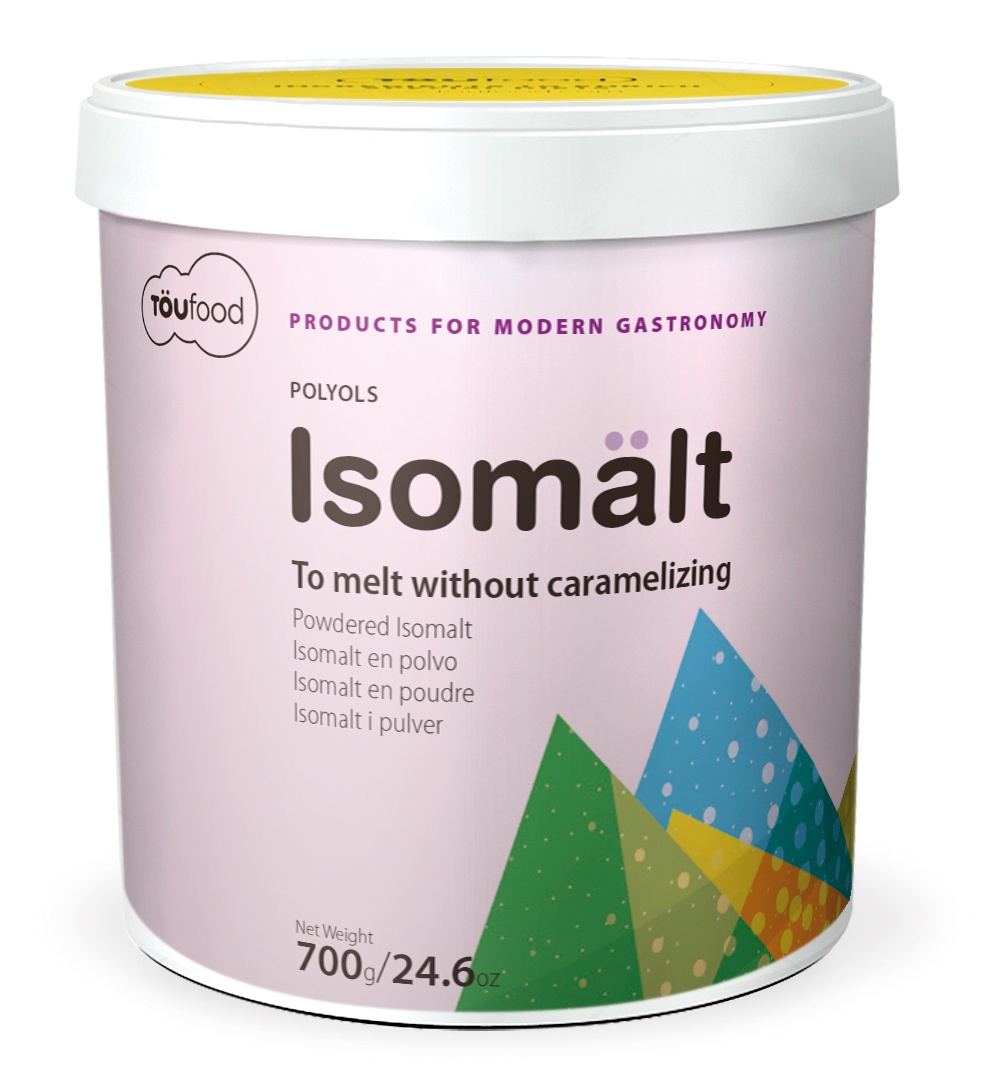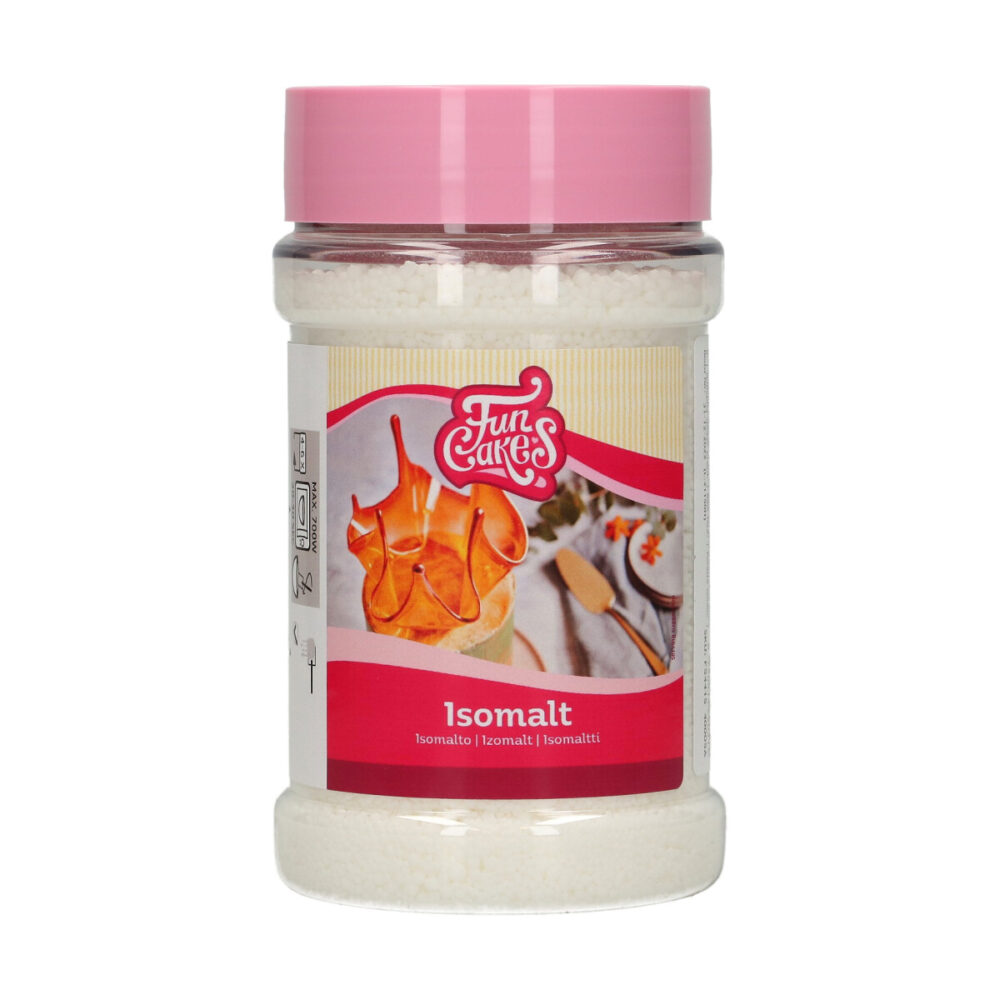Description
Title: Isomalt: The Sugar Replacement You Need to Know About
Introduction
When it comes to sugar replacements, there are countless options available in the market today. From artificial sweeteners like aspartame and sucralose to natural alternatives such as honey and maple syrup, the choices can be overwhelming. However, there is one sugar substitute that is gaining popularity among health-conscious consumers and professional chefs alike: Isomalt.
What is Isomalt?
Isomalt is a type of sugar alcohol that is used as a sugar substitute in a variety of food and beverage applications. It is made from beet sugar and has about half the calories of regular sugar. Isomalt is often used in sugar-free and reduced-sugar products because it has a sweetness similar to sugar but with fewer calories.
Benefits of Isomalt
One of the primary benefits of isomalt is its low calorie content. Since it is a sugar alcohol, it is not fully absorbed by the body, which means it provides fewer calories than regular sugar. Additionally, isomalt has a low glycemic index, which means it does not cause a rapid spike in blood sugar levels like regular sugar does. This makes it a popular choice for people with diabetes or those who are watching their sugar intake.
Another benefit of isomalt is its stability. It has a higher melting point than sugar, which makes it ideal for cooking and baking applications where sugar crystallization is a concern. Isomalt also has a longer shelf life than sugar and is resistant to moisture, which means it can be used in products that require a longer shelf life.
Isomalt is also tooth-friendly. Because it is not fully absorbed by the body, it does not contribute to tooth decay like regular sugar does. This makes it a popular choice for sugar-free candies and gums.
Using Isomalt
Isomalt can be used in a variety of food and beverage applications. It can be used as a sugar substitute in baking, cooking, and beverage making. It can also be used to make sugar-free candies, chocolates, and other sweets.
When using isomalt, it is important to note that it does not caramelize like sugar does. This means it cannot be used in recipes that require caramelization, such as caramel sauce or creme brulee. However, isomalt can be used to make hard candies, lollipops, and other sweets that do not require caramelization.
Isomalt can also be used to make sugar-free frostings and icings. Because it has a higher melting point than sugar, it can be heated to higher temperatures without crystallizing, which makes it ideal for making smooth and shiny frostings and icings.
Conclusion
Isomalt is a versatile and useful sugar substitute that offers a number of benefits over regular sugar. Its low calorie content, low glycemic index, and stability make it an ideal choice for a variety of food and beverage applications. Whether you are watching your sugar intake or looking for a tooth-friendly alternative to regular sugar, isomalt is a great option to consider. So, the next time you are in the kitchen, give isomalt a try and see the difference it can make in your cooking and baking!













Reviews
There are no reviews yet.